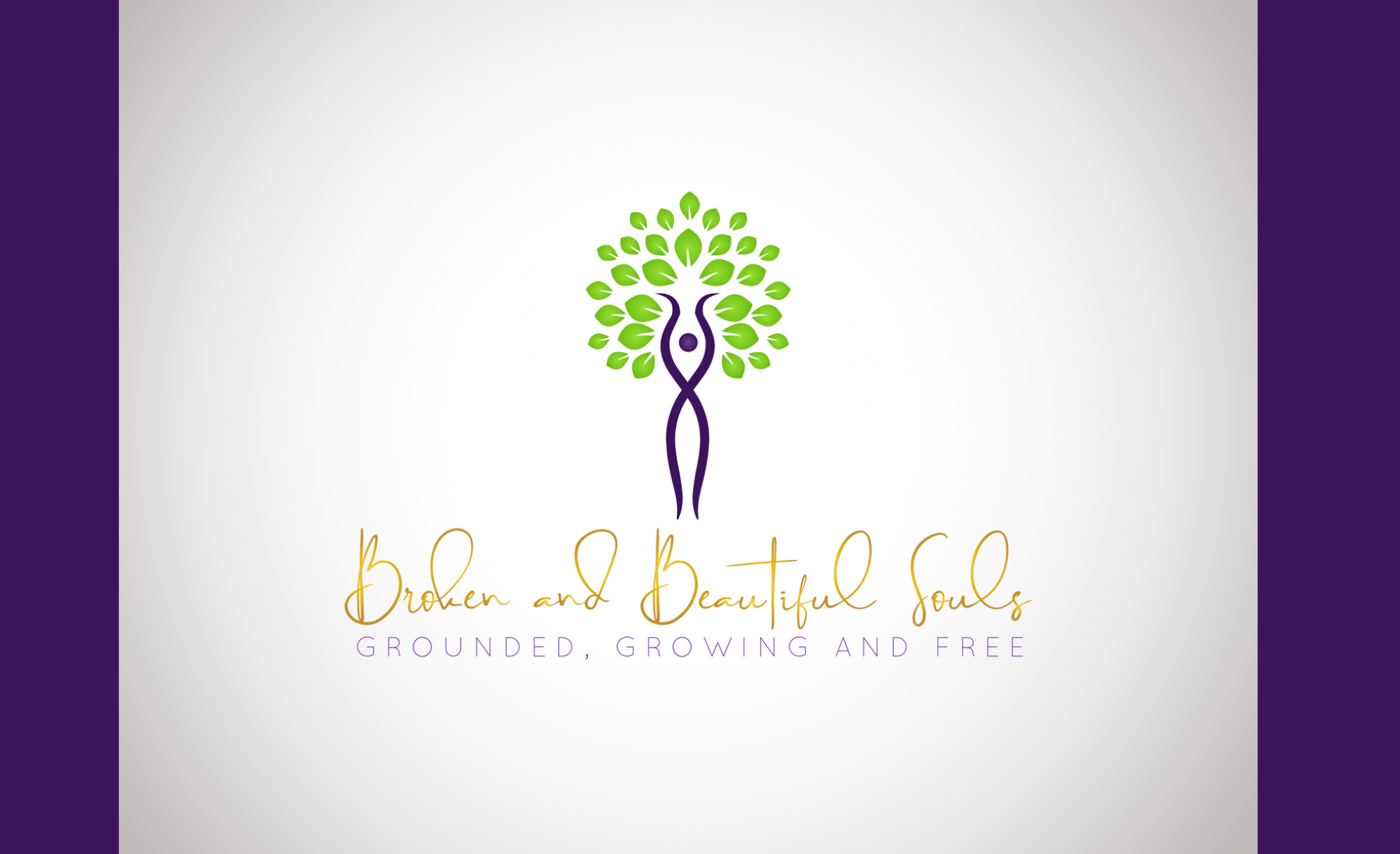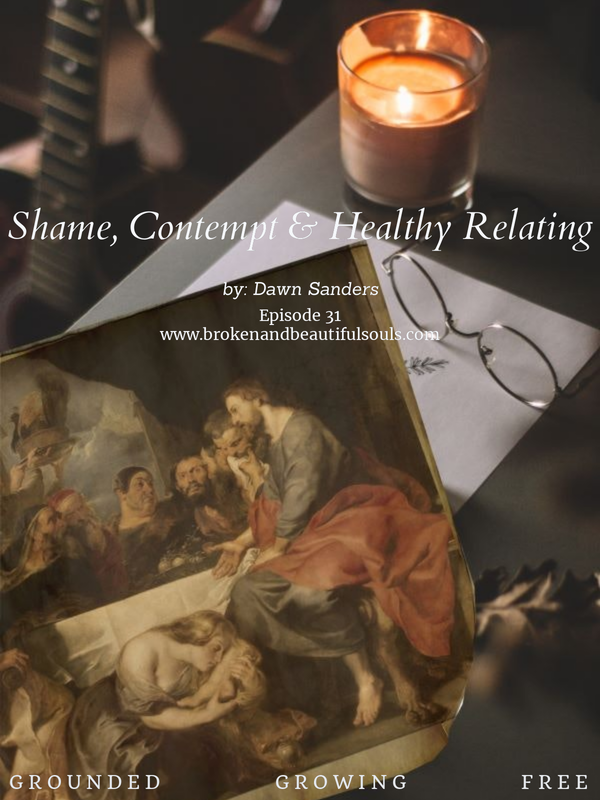CLICK HERE FOR YOUR FREE PDF ~ The Relationship Grid
Your own shame and contempt negatively impact relationship and prevent intimacy. Today’s podcast is an excerpt from a teaching Dawn shared at a Spiritual Nurture Retreat in Europe. In this talk she references a chart adapted from Terry Real’s book, The New Rules of Marriage, as well as a bible story about a woman, her shame and an alabaster jar.
~~~~~~~~~~~~
“It seems we only know what life is when we know what death is.”
~Richard Rohr
Show Notes:
Dawn shares a story about shame that leaves her with a shiner on her forehead the night before leading a conference.
Dawn discusses possible ways to understand the bible passage about the Woman with the Alabaster Jar.
Study from Luke 7:36-50: The Woman with the Alabaster Jar
Several suggestions regarding this woman’s history have been made. Some say she was a prostitute. Others say she wasn’t. Following are some of the reasons her history is uncertain:
1. Simon suggests her sin wasn’t apparent (v. 39- requiring one to be a prophet to have had this knowledge).
2. Perhaps her employment brought her in contact with Gentiles or other unclean people (midwife, death, physician).
3. If she was a prostitute, her hair would be up and adorned, not down as suggested in the text, meaning she was probably not married, as women were not to bind up their hair until marriage.
In order to be forgiven in the Jewish tradition, one had to:
1. Know that he/she sinned.
2. Confess his/her sin.
3. “Fix” what he/she did wrong. (This would have been a problem for the woman in this story. She had no way of “fixing” her sin and she knew this. She may have resolved within herself to never hope being right before God.)
Relationship Grid (adapted from Terry Real’s book, The New Rules of Marriage)
We are all sinners. All have experienced shame from sin/unhealthy relating within relationship.
- Grandiosity/Superiority (other centered contempt) vs. Illegitimate Shame (self-contempt)
- Walled Off (love avoidant) vs. Boundaryless (love dependent)
(For a more detailed grid, go to brokenandbeautifulsouls.com and get the free download)
What do you notice or intuit about this woman before she was forgiven?
1. Taking some creative license, where would you imagine this woman is on the grid? How so?
2. On your worst day, where would you fall on the grid?
There is discussion around how naming where you fall on the Relationship Grid can help you name your own propensity to sin in relationships, thereby helping you move towards greater health with others.
Like the woman with the alabaster jar, there is no way for you or me to “fix” our sin. So, to be forgiven, the gift of Jesus’ great love for this woman was her only hope of being right before God. Jesus gave her this gift, gladly. You, too, can be changed by an intimate encounter with Christ.
Relevant Points/Questions to Ponder
• The woman had already been forgiven earlier (v. 47), so we know this act was not an attempt to pay for her forgiveness.
• Hair – this was considered a woman’s glory. She would bind up her hair for the wedding and then let it down on her wedding night symbolizing giving herself/belonging to the man. Now, she gives herself to Jesus.
• Tears – weeping (with gratitude) became a provision to wash Jesus’ feet. What kind of tears are these do you imagine? What might she have been feeling?
• Kissing- nonstop, intimate, loving gesture.
• Anointing = creative. Anointing the head was a mark of honor for distinguished guests. Anointing the feet would have been considered an extreme luxury. What was the cost to the woman? What did she risk?
• Why do you think she did what she did?
• What did the woman want with Jesus, since she already had His forgiveness? She wanted intimacy. She had a longing–a need for an intimate moment with Jesus. And, Jesus had certainly invited her to such intimacy.

